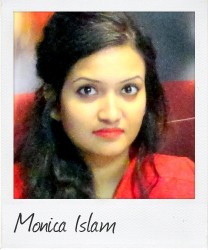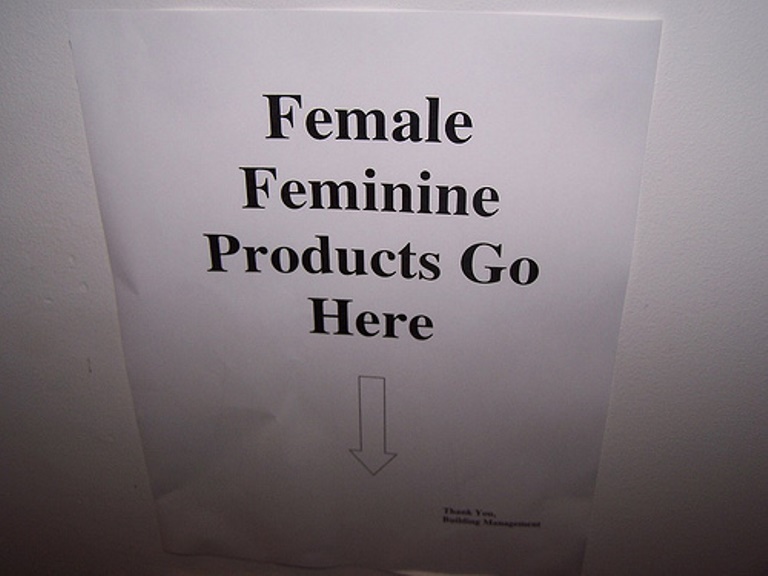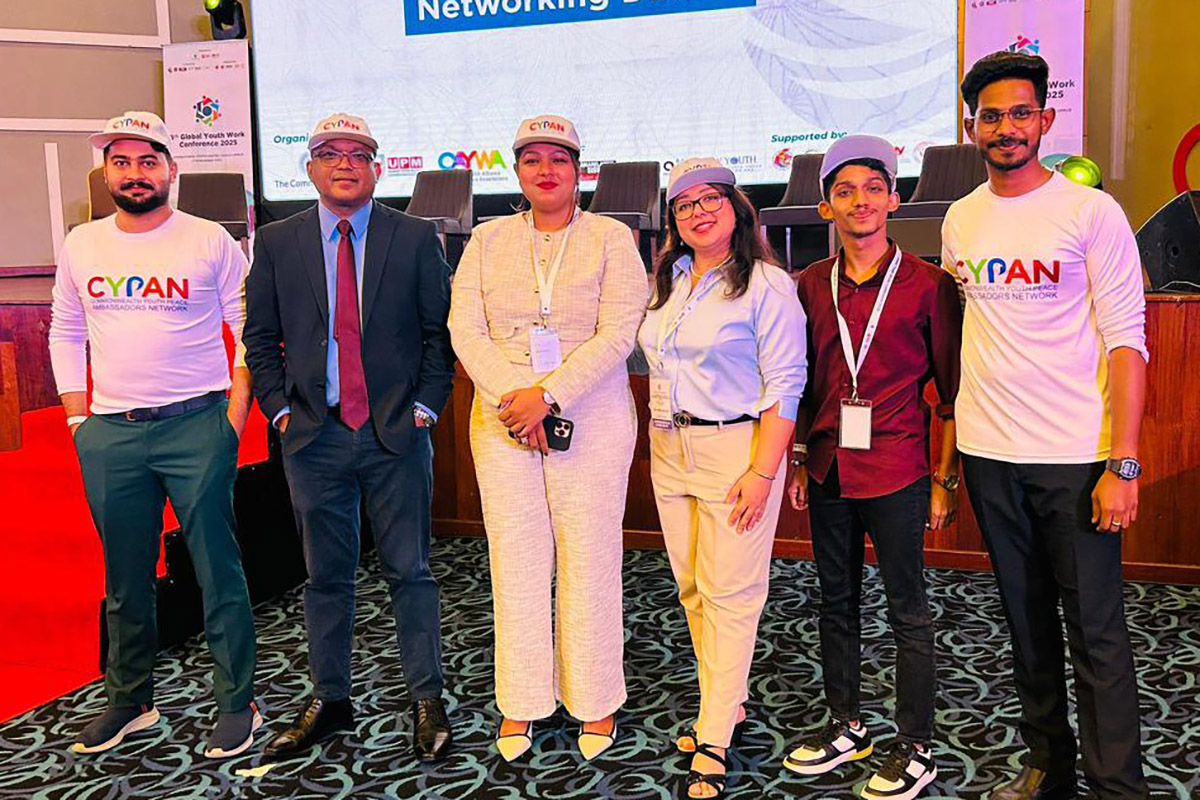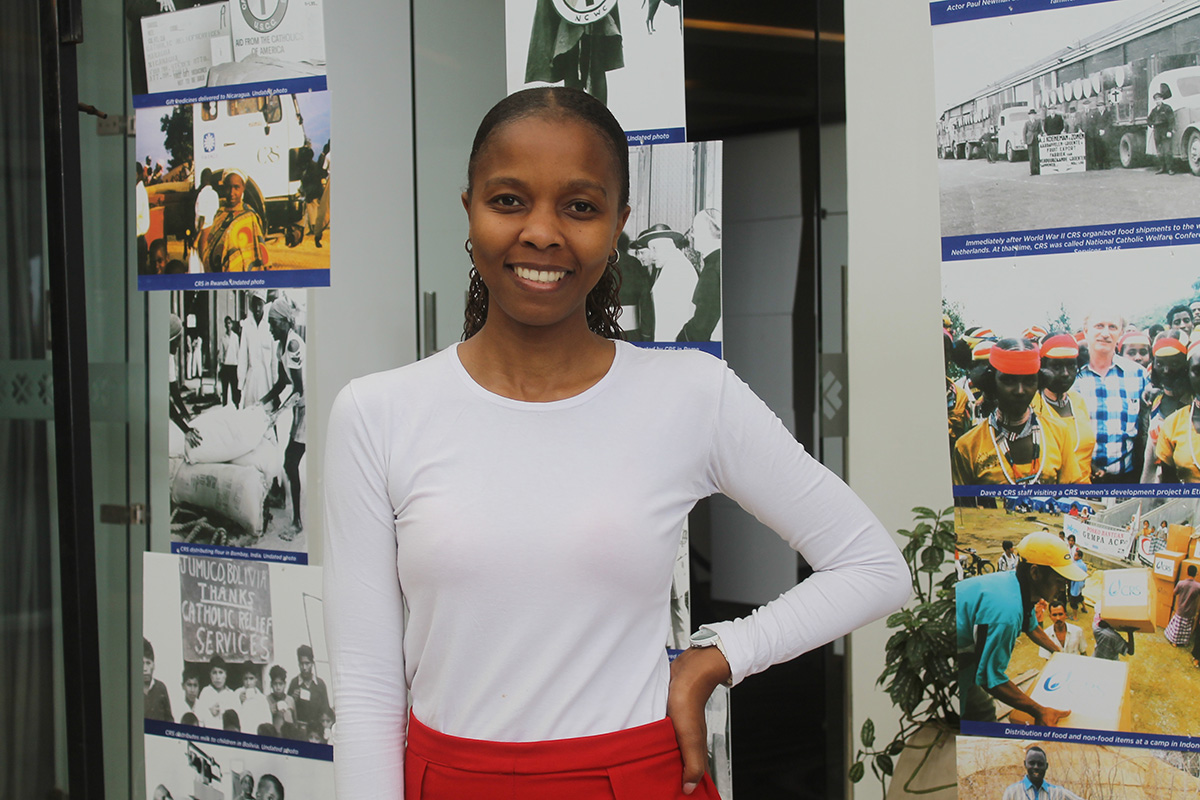"Women must work with sweat and blood"
March 7 International Women’s Day raises a fundamental issue, says Monica Islam, 24, a Correspondent from Dhaka in Bangladesh, who argues women too often suffer or are disadvantaged because of issues around menstruation.
International Women’s Day raises a fundamental issue, says Monica Islam, 24, a Correspondent from Dhaka in Bangladesh, who argues women too often suffer or are disadvantaged because of issues around menstruation.
“I face extreme period pains every month. It gets intolerable. It’s been this way since my first ever periods. My lower body feels so heavy; I hardly get out of bed. The cramps start from my lower waist till my feet. I went to the doctor and she said it’s genetic. My aunts face the same thing. They had a habit of throwing up during period, but I never throw up. Their pain has reduced a little after pregnancy,” recounts the 22-year old student.
While speaking to a group of five women, several issues came to the forefront with regard to a natural biological condition that affects women for at least three decades of their lifespan.
Many women experience terrible cramps and other problems, such as fatigue, hot flashes, joint ache, and mood swings, especially during the first two days of their menstruation. According to the website WebMD, menstrual cramps comprise the leading cause of workplace absenteeism in women younger than 30. Furthermore, ten per cent of menstruating women are temporarily disabled by symptoms.
When British tennis player Heather Watson revealed to the media that “girl things” [menstruation] had adversely affected her performance at the Australian Open, she not only sent a message of solidarity to other women, but also dispelled the social stigma surrounding a topic that is rarely broached in public, especially in relation to women’s professional lives.
The message resonated with the female population, who could identify with the story of cringing in pain secretly during many significant events but hesitating nonetheless to share it with others around them, even managing to put up a brave cheerful front. Asking for paid leave on these days is unthinkable as some would misinterpret such a stance as an excuse for poor performance.
Menstruation has largely been a taboo topic in many parts of the world.
Girls are taught from a very young age to maintain the utmost secrecy around this issue, especially in the presence of men. In that quest, young women eventually began to tread extreme paths which greatly inconvenienced themselves and slowed down any conversation about menstruation.
During Ramadan, the Muslim holy month of fasting, most menstruating women (who usually fast otherwise) will consume or purchase food discreetly so that others could not tell if she was menstruating. This is done so that others would perceive such women as “modest” and as if menstruation was something to be ashamed of.
Even young boys are somehow reinforced with this idea in many cultures, as they would grin or stare at the slightest sight of a red dot on the dress, of a non-fasting pious woman, or of menstrual supplies. Girls are admonished to tuck away menstrual supplies from the view of men, not because it could make others giddy at the sight of blood, not because the blood in the open could spread germs, but because men would find it “immodest” or “shameful.”
Menstruation is also considered to be impure. Take Nepal for example. In many rural regions of Nepal, menstruating girls are restricted from touching books or from staying with their families!
This is not to say that women should parade their soiled menstrual supplies or that they should gleefully announce in every conversation that they are on their periods. I am all in support of respecting privacy about intimate details, some of which could make others uncomfortable.
However, when a health issue—specific to women—is affecting a woman’s performances or relationships, it needs to be discussed in culturally-sensitive terms and on appropriate occasions—with the aim of educating others and of seeking solutions, including professional support—often with the involvement of men.
A male teacher once talked in class about mood swings that women face during menstruation. He shrouded the word ‘menstruation’ as ‘that special time of every month’ so that conservative authorities could not accuse him of being “too frank.” In that instance, he not only imparted a bite-sized lesson on menstruation to all the men in class, he also gave the impression that menstruation was “special” as opposed to being impure or shameful, and that menstruation was a topic that could be comfortably approached in a co-educational setting.
To support menstruating women at work, there must be sufficient facilities.
Toilets need to be equipped with menstrual supplies which will be available upon request in case any woman forgets to carry hers to work. This is a feasible model that has been adopted by many urban schools in Bangladesh. In rural areas, toilets and other sanitation facilities must be built in the first place.
Special restrooms must exist which should be easily accessible to women. Availability of hot- and cold-water bags and female attendants on call are other solutions. Prescribing medications is the easiest route that many employers take, and this needs to be discouraged for the obvious risks involved.
Perhaps the most ambitious yet significant proposal that I want to make today is that employers should consider allowing 24-days paid leave annually, alongside the usual absence allowances, for those ten per cent of menstruating women who simply cannot work or even move on the first two days of their periods.
On this International Women’s Day, I advocate for menstruation-friendly spaces at work, broader education about menstrual health, and an end to stigma surrounding menstruation.
photo credit: female feminine products via photopin (license)
…………………………………………………………………………………………………………………
About me:
I aim to advance human rights and social justice through the media. I am a prolific reader, writer, and development-enthusiast.
I have attended several development-oriented conferences and media trainings at home and abroad, such as Global Social Business Summit (Austria), UNFPA Global Youth Forum (Indonesia), and Asia-Pacific Youth Parliament for Water (South Korea). I’d like to think of myself as a versatile person who is open to multiple intersecting possibilities.
…………………………………………………………………………………………………………………
Opinions expressed in this article are those of the author and do not necessarily represent the views of the Commonwealth Youth Programme. Articles are published in a spirit of dialogue, respect and understanding. If you disagree, why not submit a response?
To learn more about becoming a Commonwealth Correspondent please visit: http://www.yourcommonwealth.org/submit-articles/commonwealthcorrespondents/
…………………………………………………………………………………………………………………






